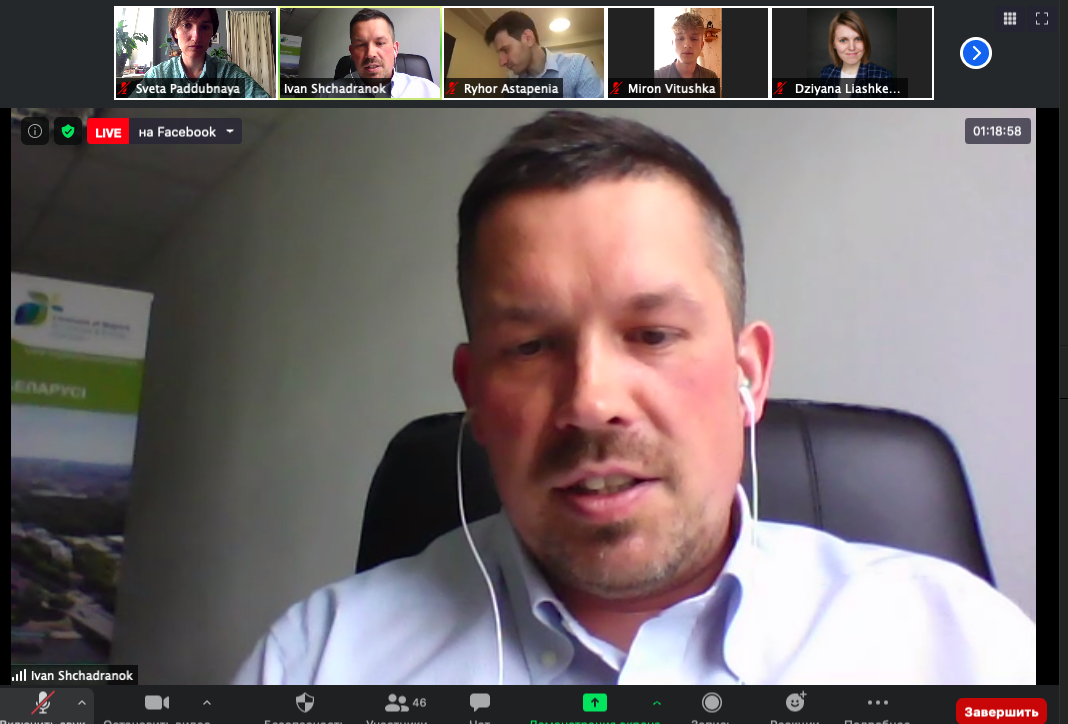
- April 24, 2020: Online conference "UN75 Youth Discussions"
- May 28, 2020: Meeting with Horizon 2020 project "Terrifica"
- June 18, 2020: Smart City Forum Minsk
- July 9, 2020: School of Young Reformers
The Moldova Energy and Biomass Project, funded by EU, co-funded and implemented by UNDP, aims to contribute to a more secure, competitive and sustainable energy production in the Republic of Moldova. It lays the basis for the establishment of functional markets for biomass technologies while increasing the use of renewable energy sources, in particular for heating public buildings and households in rural areas. New jobs and income are created and secured through the establishment of value-added chains at the local and regional level through the supply of biomass fuel and technologies.
The long-term goal of the Project was in reforming the manner in which agricultural, forestry and other production activities are planned and regulated across different land units and tenure categories at the landscape level.
The Project focus was biodiversity conservation, however it addressed anticipated negative impacts of Climate Change (CC) by increasing resilience of the aquatic and terrestrial ecosystems in the targeted districts. By removing the precursors of degradation and careful monitoring of the self-restoration 14 capacities of steppe, forest, meadows and swamp the project contributes to higher resilience of the ecosystems and the species they host, to CC impacts. The project also provisioned afforestation, influencing future humidity conditions through changes in both, temperature and precipitation.
This is a success story of two small municipalities on how they can contribute at the local level to the global targets within the Covenant of Mayors Initiative. The actions took place in Cantemir and Ocnita, Republic of Moldova. Both cities have committed to reduce their energy consumption and CO2 emissions by 20% till 2020 and developed the Sustainable Energy Action Plan (SEAPs). Among dozens of the projects included into the SEAPS, municipalities have focused and implemented ones on modernization of the street lighting systems using innovative technologies and best European practices.
The Covenant of Mayors Alley was planted on October 22, 2020 in the park at the entrance to Stauceni City, Chisinau. The seedlings were provided by the EU project "Covenant of Mayors East" as a prize for the active participation of the area in the European Sustainable Energy Week. The alley was also supplemented by trees purchased by the Stauceni City Council.
Within the framework of the Covenant of Mayors - East project in Moldova, on October 27, 2020, an online training was held to raise awareness of participation in the Covenant of Mayors. The event was attended by representatives of EUD Moldova, support structures at the national level, representatives of several cities. The training was dedicated to the passive and potential signatories of the Covenant of Mayors in Moldova.
CoM East project support provided to the municipalities in EaP countries in the new realia of COVID-19 pandemic is in the focus of the 11th issue. Despite the difficult situation, CoM Signatories demonstrated alternative, creative and innovative approaches on their way to green recovery and resilient energy future. The newsletter presents a number of specialized webinars, trainings and other online events for CoM Signatories, CNCs/CTCs and Supporters organized by the CoM East teams in six Eastern Partnership countries in order to increase their capacities to ensure sustainable development in their communities as well as to meet the undertaken energy and climate change adaptation commitments. Also, you will find the main figures demonstrating the Covenant of Mayors growth in the region, information about the project pipelines aimed to increase the transparency of local (municipal) investments and learn about the most typical mistakes made by the Signatories while filling out their SEAPs.
Find out the main figures of the Covenant of Mayors in Eastern Partnership countries as of October 1, 2020.
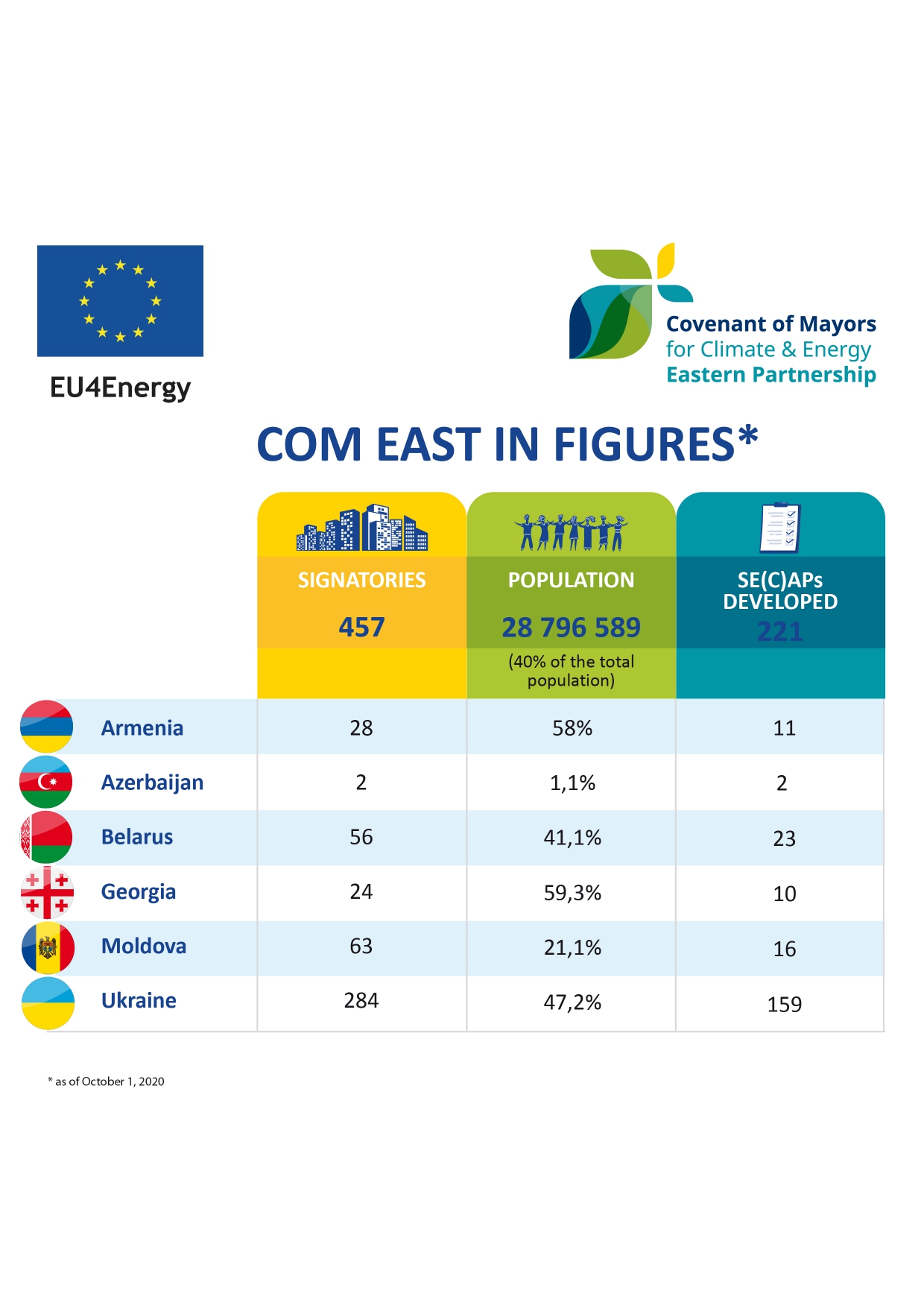
Although the COVID-19 pandemic caused the situation when almost all the events were shifted to online mode, the CoM East project experts organised and participated in various activities for different stakeholders on communicating and promoting the targets, benefits and opportunities of the new Covenant in six EaP countries. The European Sustainable Energy Week held in June 2020 was also very special being celebrated mostly in a digital format. The CoM East Team prepared and published a special issue of the Newsletter fully dedicated to the EUSEW 2020 celebration in the EaP countries.
CoM East Video Clip
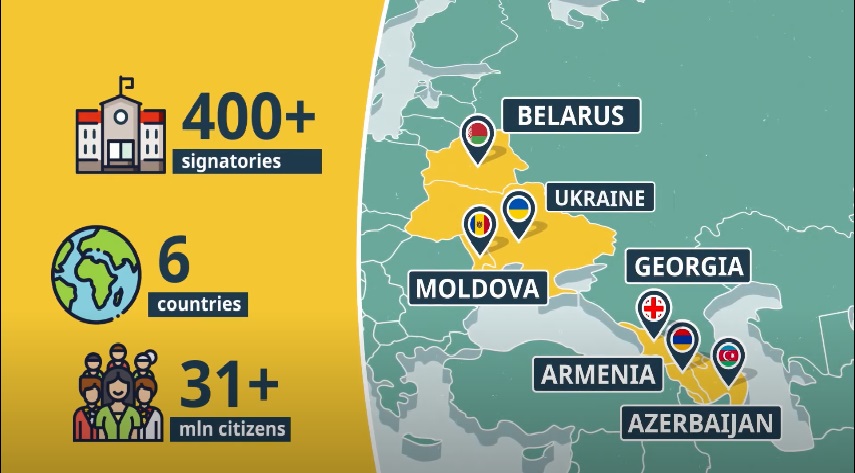
In June 2020, the CoM East team developed a video clip to promote the Covenant of Mayors for Climate and Energy and encourage municipalities in the Eastern Partnership countries to join the initiative and benefit from becoming a member of the Covenant community. Watch the video and share it with your local authorities to make your city better, greener and safer!
 BELARUS
BELARUS
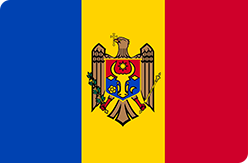 MOLDOVA
MOLDOVA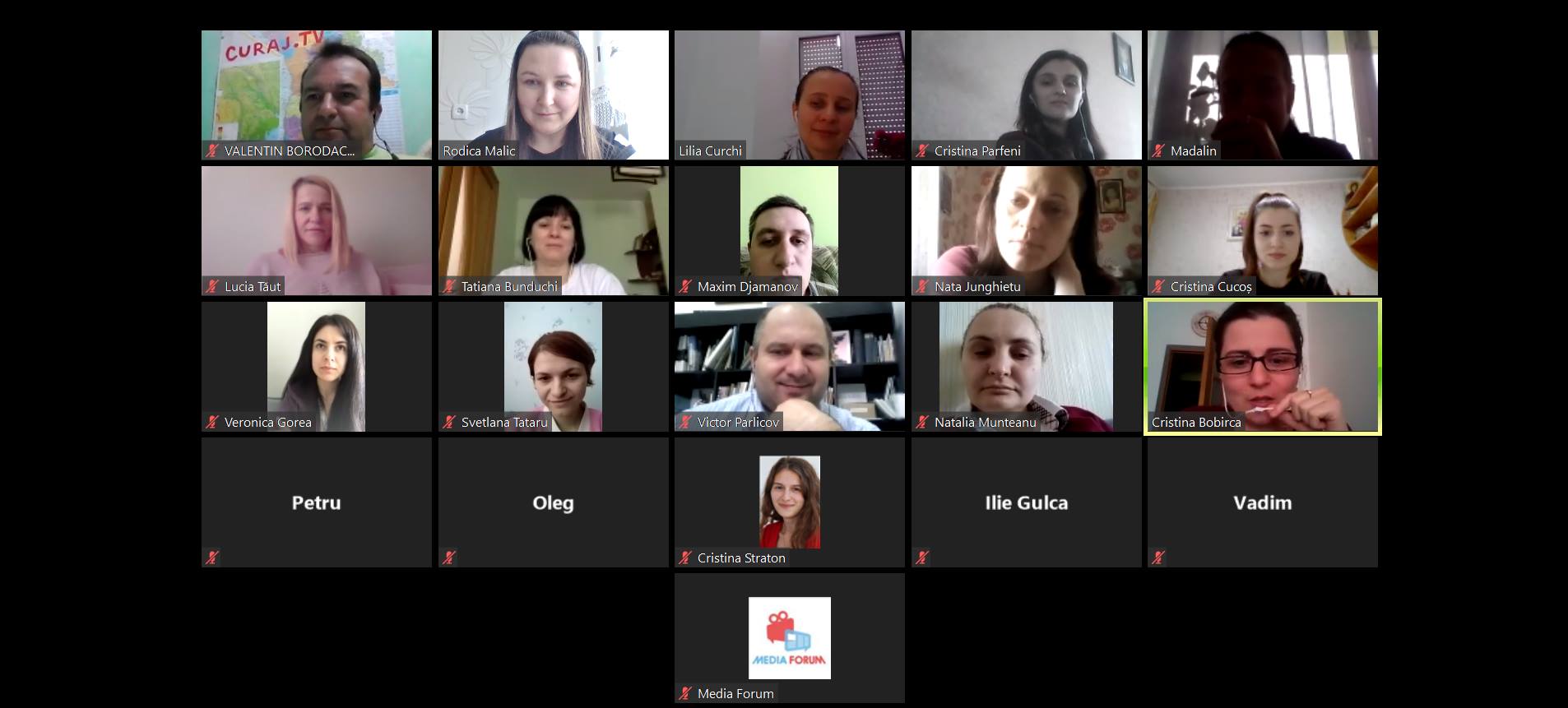
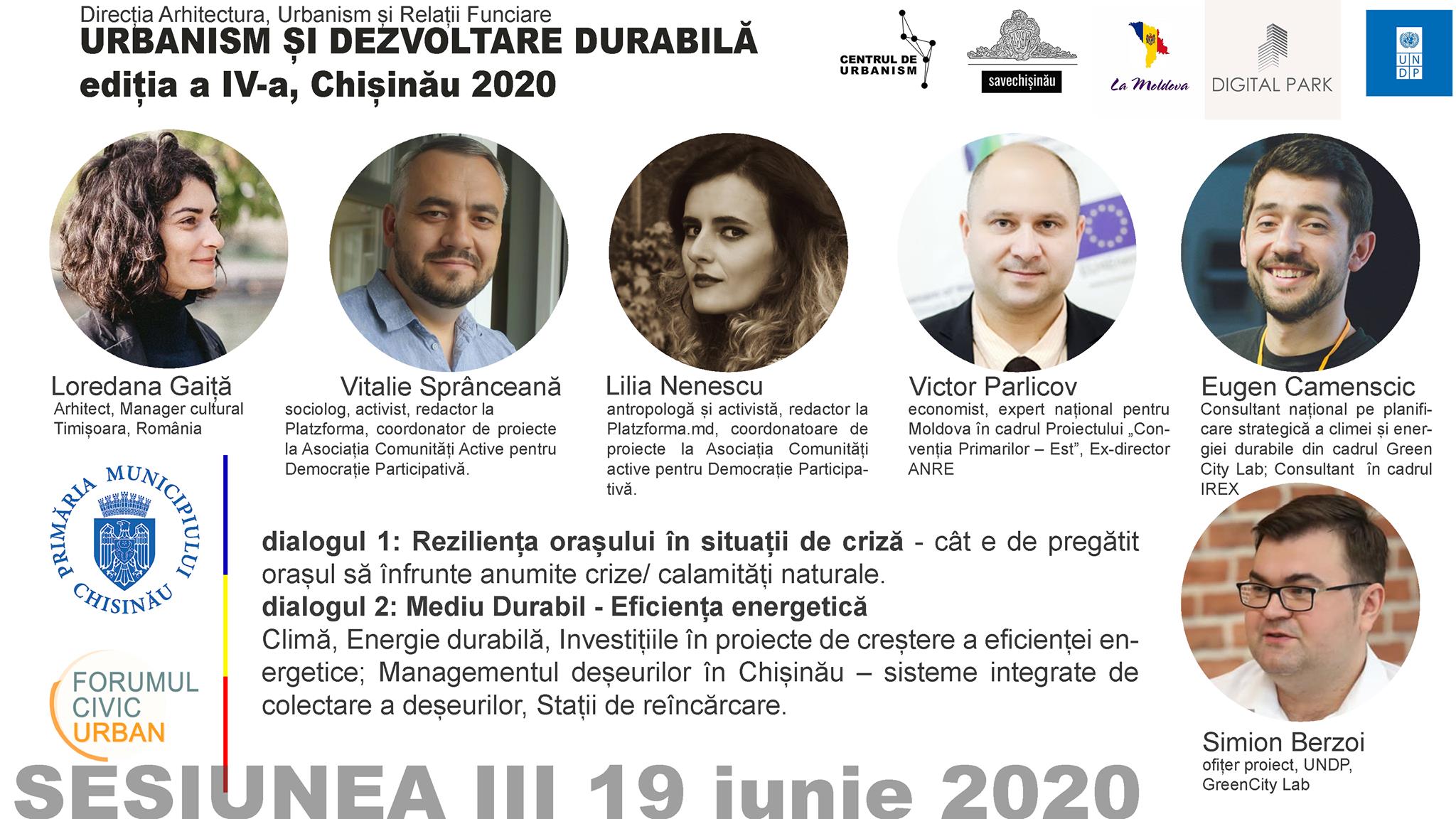

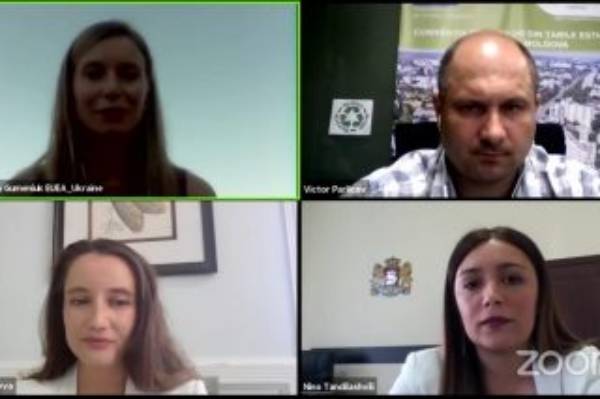
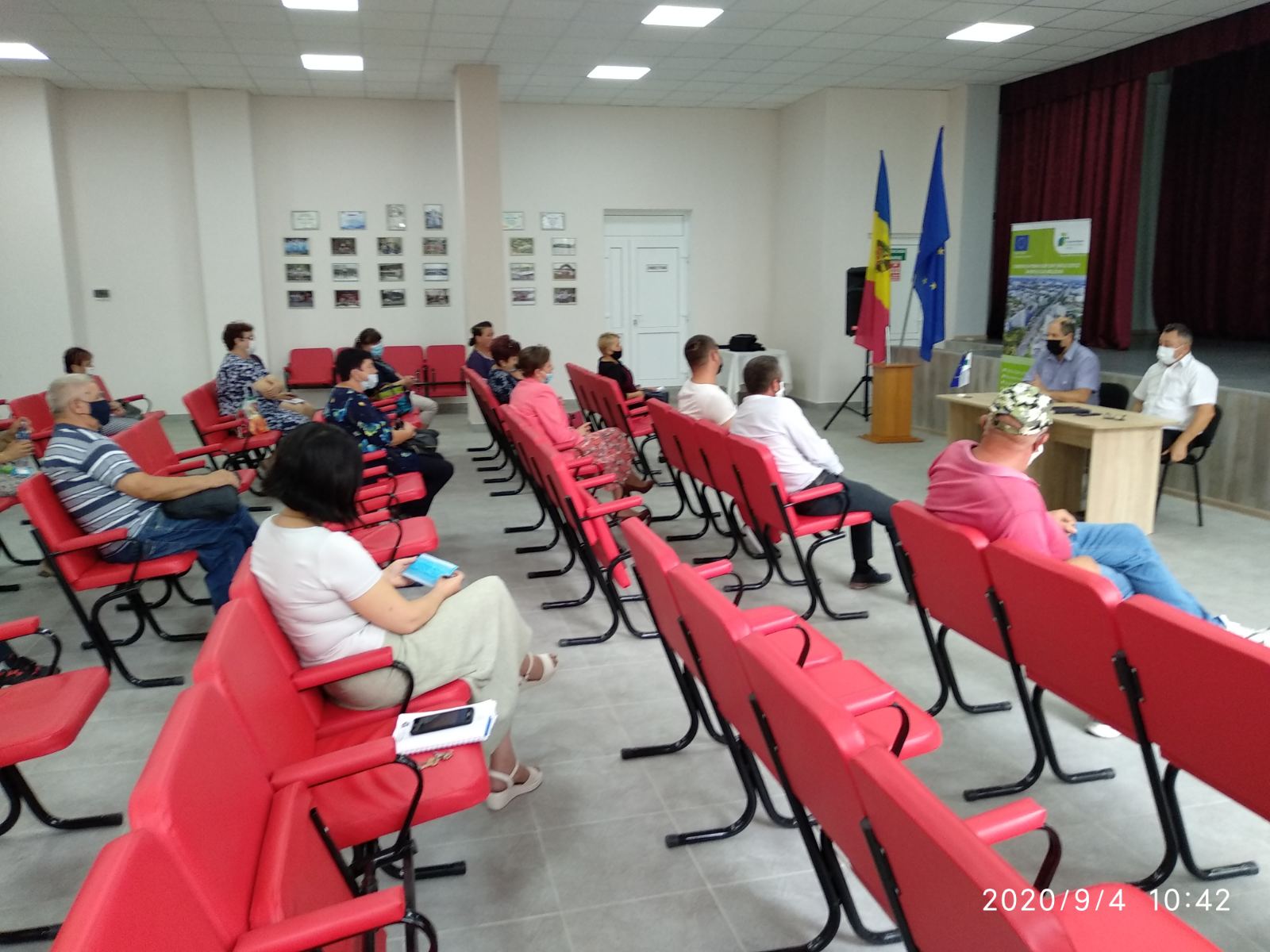
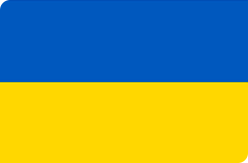 UKRAINE
UKRAINE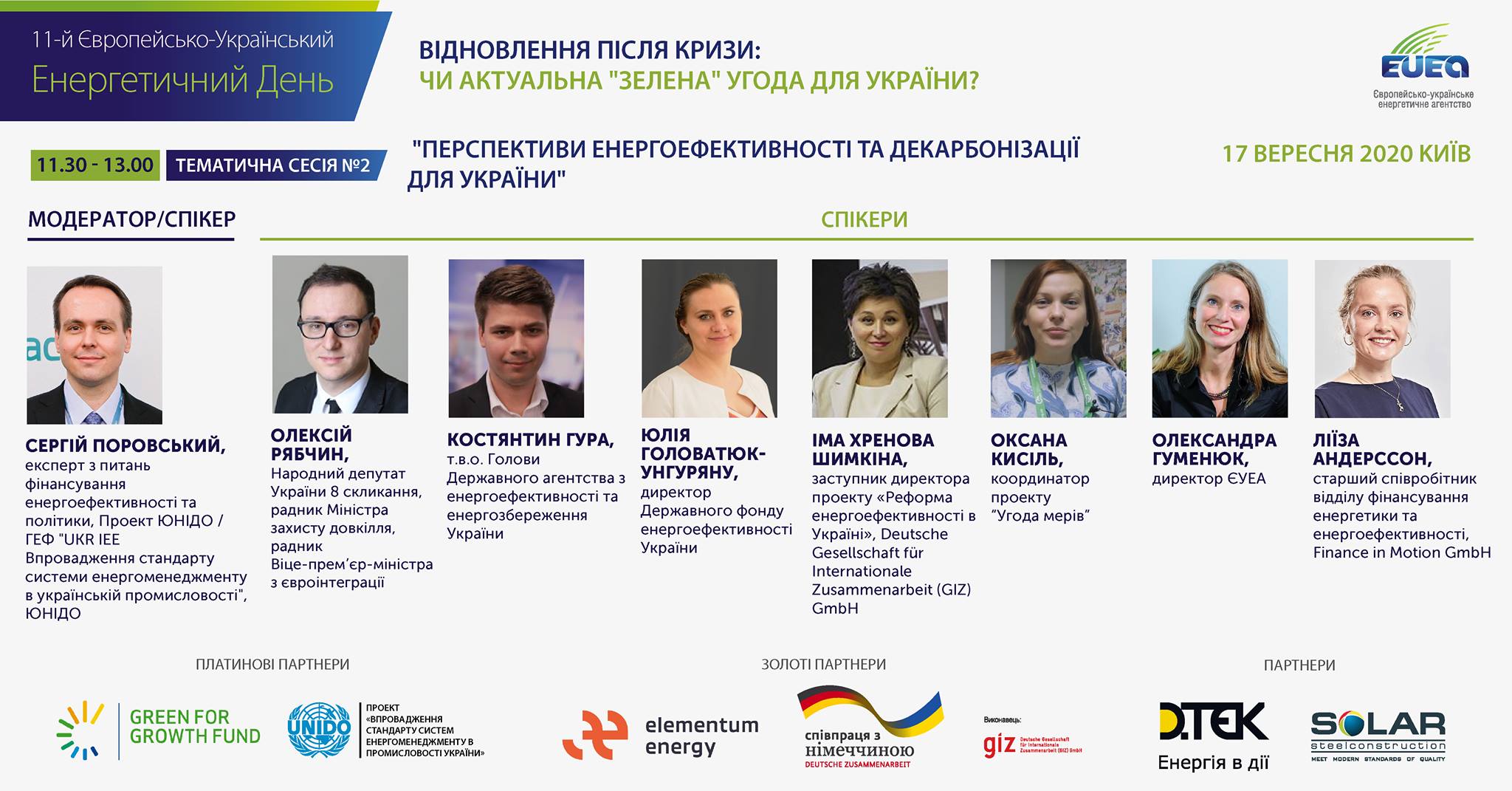
Capacity building for CoM Signatories, Supporters and CNCs/CTCs in EaP countries remains an important vector of the CoM East project activities. Despite the pandemic restrictions, a number of specialized trainings and online events was organized by the CoM East teams in Georgia, Moldova and Ukraine. The main efforts were focused on energy efficiency in buildings, SECAP development and funding opportunities for municipalities.
 GEORGIA
GEORGIA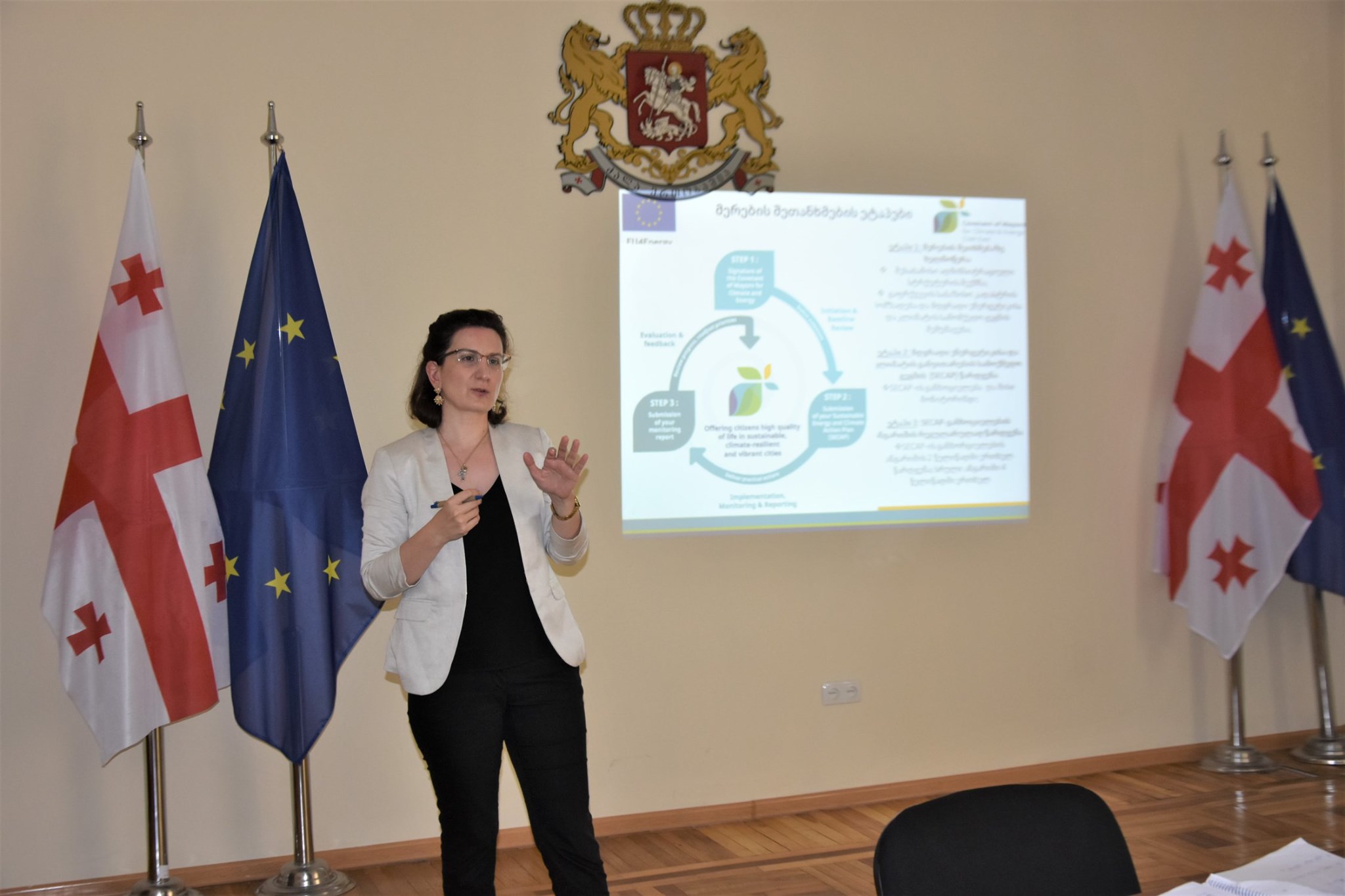

 MOLDOVA
MOLDOVA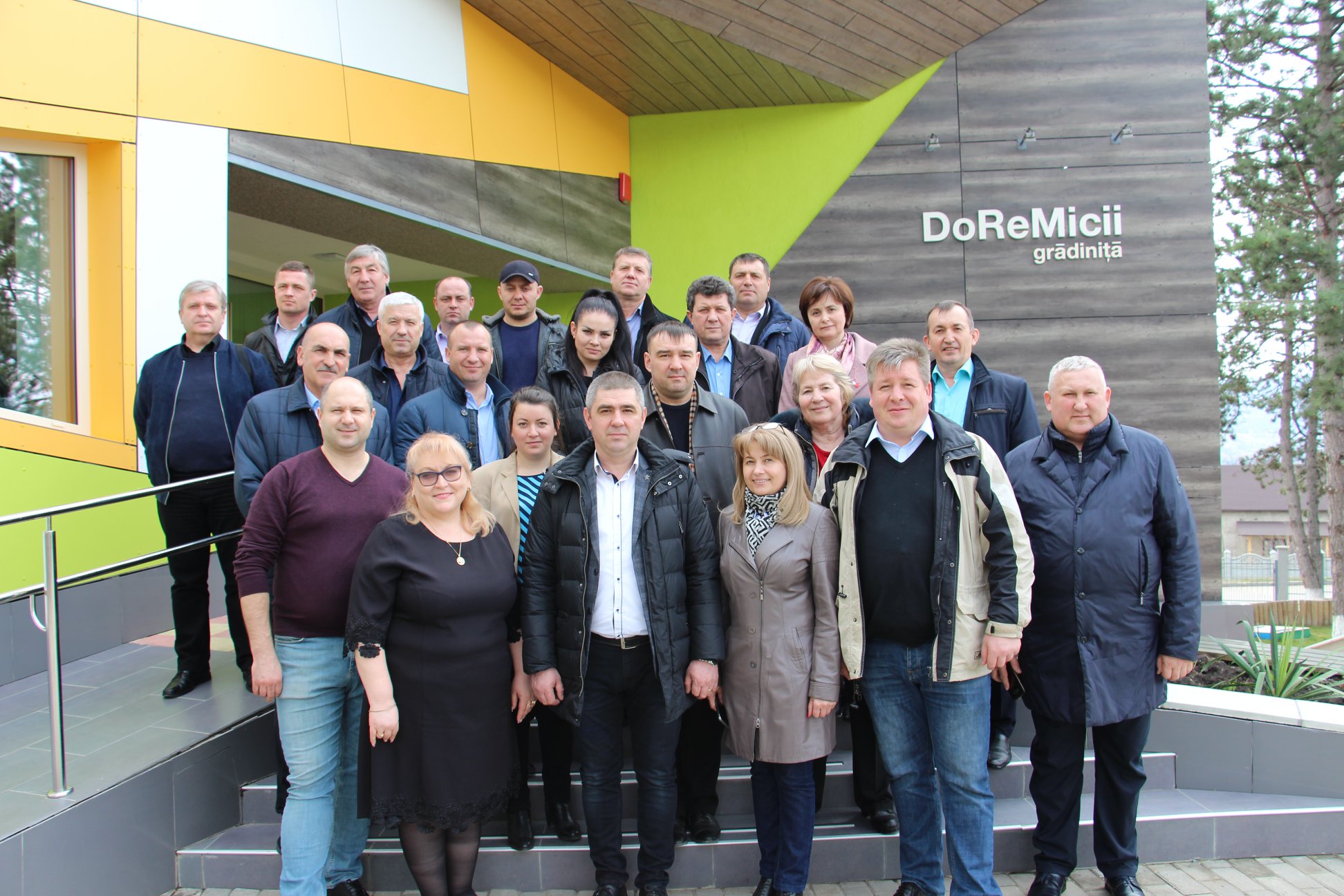
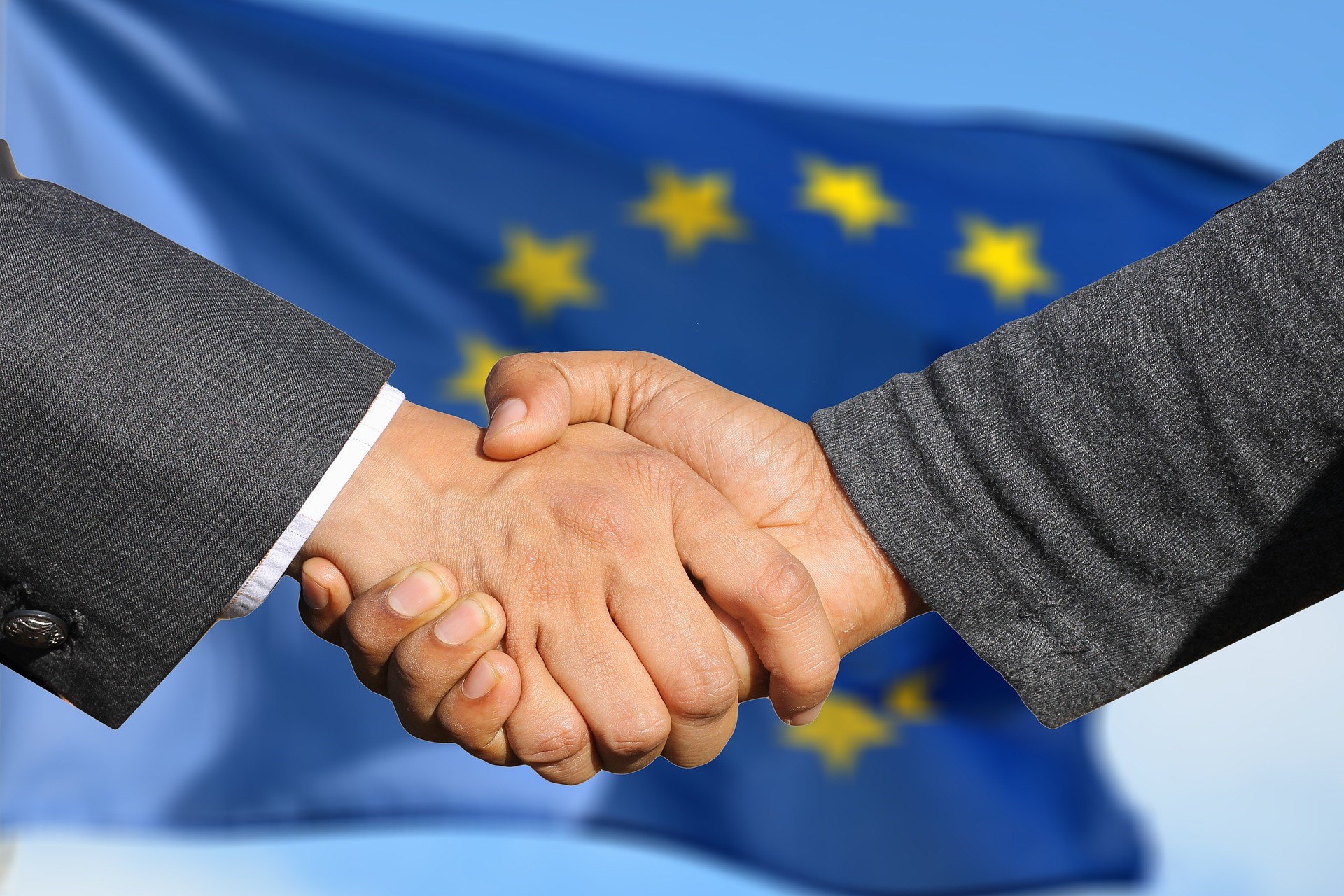
 UKRAINE
UKRAINE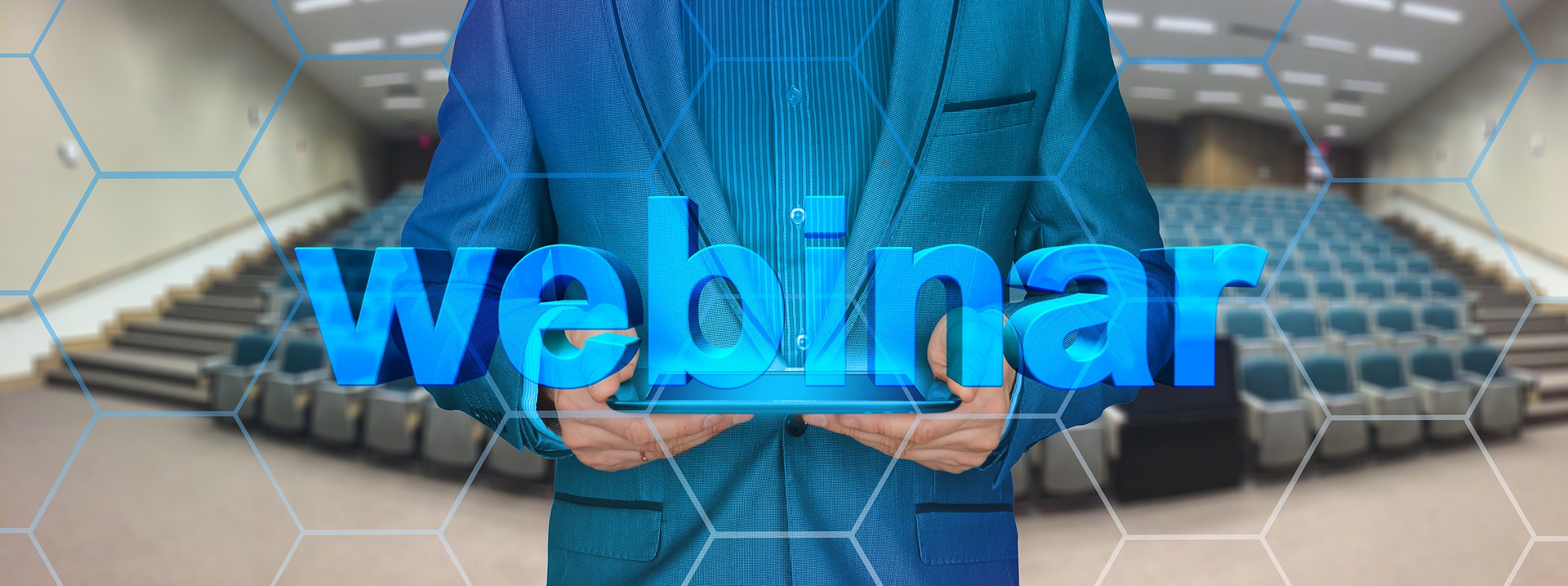
A webinar on the topic “Development of SECAP: residential sector, industry, generation and cooling” was organized for Ukrainian CoM Signatories by the CoM East national team. The event aimed to inform in depth the CoM municipalities about the new Covenant requirements to the strategic action plans. The first day of the webinar was conducted by the CoM Technical and Helpdesk Expert in Ukraine Oleksandr Dey. Next day, a session for the same stakeholders was held by two experts in the field of municipal energy management – Oleksandr Shumelda (GIZ project) and Igor Chudovskyy (Head of Department for Economic Development of Radomyshl AH). It was focused on providing advice and analysis of best practices of adoption and functional peculiarities of energy management systems in Ukrainian communities.
In synergy with the CoM-DeP programme, a webinar dedicated to the important issue of procurements within the EU-funded projects – main rules, steps, restrictions and reporting – was held on March 26. Myroslav Simka, procurements expert of the CoM-DeP programme, was the main speaker of the event. Next day, the webinar continued in the format of the UNDP Innovation Development Lab with the topic “Don’t burn – compost!” The invited speaker Oksana Udovyk from the UNDP programme attracted attention of the participants to the problem of air pollution by the private households caused by burning the organic garbage instead of composting it and transforming into natural fertilizer.
The expert in spatial planning Oleksandr Korotkikh conducted a specialized webinar for Ukrainian CoM Signatories that was focused on spatial planning of the municipal territories with regard to the climate change.
A webinar under the title “How to make SECAP attractive for the investments: from project idea to project proposal ready for financing” was organized jointly with the CoM-DeP programme. Maksym Vereschak, the CoM-DeP expert, was the invited speaker of the event. On the real examples of best practices in Ukrainian municipalities, he demonstrated the main preconditions and features of the projects that could be feasible and attractive for potential investors.
A series of six webinars for Ukrainian CoM Signatories took place in April – May 2020 focused on various areas of SECAP development and implementation. In particular, the following topics were covered: “Control on construction works: typical failures and problems that occur within implementation of the EE projects during construction” (in synergy with CoM-DeP programme, April 9); “Heat supply of the cities: district or individual?” (in cooperation with the Reform Office of Minregion, CoM CNC in Ukraine, April 10); “SECAP development: methodology and peculiarities of generation of cool and heat sector” (April 15); “Justification of municipal financial frame for attraction of financial support from IFIs” (April 16); “Thermal modernization of administrative buildings and budget institutions” (in cooperation with Danfoss LTD representation for Ukraine) and “SECAP development: methodology and peculiarities of generation of cool and heat sector” (both on April 28).
Two more webinars dedicated to the important SECAP issues were organized in May 2020 – “Automated system for energy monitoring” (in synergy with CoM-DeP programme) and “SECAP development: methodology and peculiarities of transport sector”.
TRAININGS
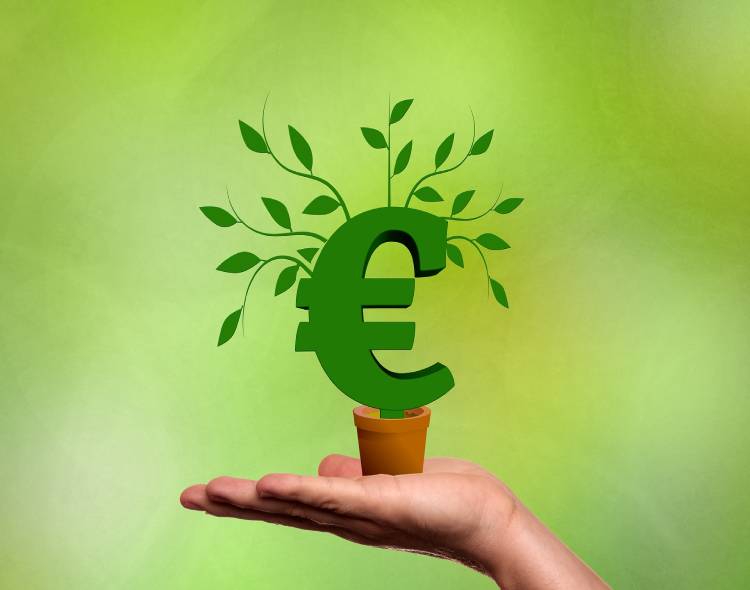
July 15-30, 2020
Country-specific online training on SE(С)AP financing
On July 15-30, a specific online training for Ukrainian CoM Signatories on SECAP financing was organized gathering ca.30 participants. The peculiarity of this event was that the participants were doing their home tasks within the training frames, which they further discussed online during the common sessions.
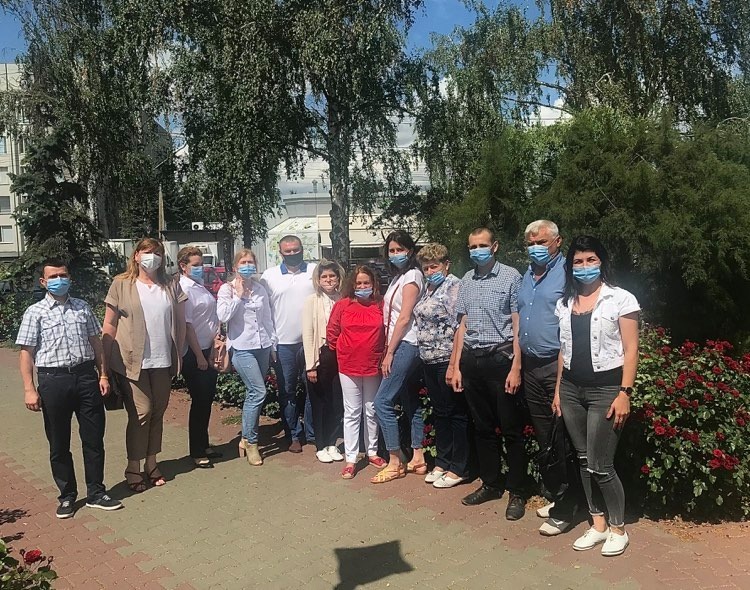
August 11-19, 2020
Trainings on SECAP development and implementation in Myrhorod
On August 11-19, Myrhorod hosted a series of trainings for Ukrainian CoM Signatories. The first training session was dedicated to the development of SECAPs. Within the framework of a two-day training, ten representatives of small Ukrainian CoM Signatories – Boyarka, Khorol, Karlivka, Kupyansk, Mykhailivska, Chernechinska, Tetievska, Baryshevska and Omelnitska AHs – learned practical skills of developing SECAPs and climate change mitigation measures.
The next two-day training session was tailored for Ukrainian Signatories that decided to extend their previous Covenant commitments (undertaken until 2020) with the new CO2 reduction targets by at least 30% until 2030, and to include climate change adaptation and combating energy poverty measures. Twelve representatives of small, medium and large municipalities (Poltava, Kremenchuk, Kropyvnytskyy, Kyiv, Lubny, Cherkasy, Myrhorod, Slavutych and Nizhyn) learned how to develop their SECAPs including the climate change mitigation and adaptation activities mentioned above.
On August 18-19, a country-tailored training was held dedicated to technical aspects in specific sectorial areas of SE(C)AP implementation. It was aimed at capacity building of Ukrainian Signatories for the implementation of their SE(C)APs. Energy efficiency in buildings, street lighting and RES as well as technical issues of project management were in the focus of the event.
CITY2CITY
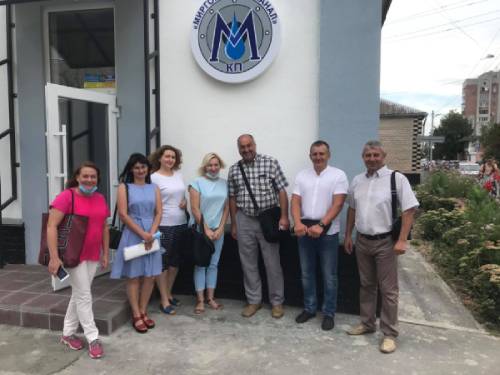
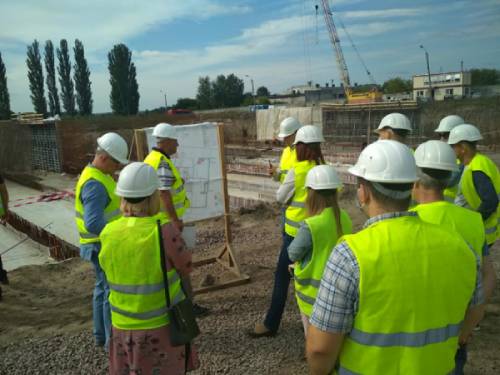
August 26-28, 2020
September 2-4, 2020
Study visits to Myrhorod and Zhytomyr
At the beginning of July, the contest for participation in the City-to-City study visits was announced for Ukrainian CoM Signatories. As a result, two groups of municipalities were selected for visiting two advanced Ukrainian CoM Signatories. On August 26-28, energy managers of five new CoM Signatories – small towns and the united amalgamated hromadas (AHs) of Malyn, Bilopolska and Pologovska AHs, Boyarka and Pervomayske – received an opportunity to study the experience of Myrhorod in SECAP development and implementation, establishing and adopting energy management system at the municipal level, project planning and management in the field of energy efficiency, renewable energy and climate.
In September, representatives of seven medium-size CoM Signatories – Kamyanets-Podilskyy, Slovyansk, Vinnytsia, Myrhorod, Slavutych, Sieverodonetsk and Kramatorsk – arrived in Zhytomyr with a three-day visit to study the local municipal experience. The participants got acquainted with successful implementation of SECAP and learned about the work of local energy management team, structural divisions and utilities of the city that are involved in the implementation of energy and climate policy at the municipal level.
HELP DESK

In March 2018, the CoM East Technical Helpdesk Experts analysed more than 130 SEAP templates developed and submitted by the CoM Signatories through the “My Covenant" online platform. As a result, a number of typical mistakes made by Signatories when filling out the online template were identified, which led to a decrease in the overall quality and accuracy of the provided reporting documents, as well as inconsistency of the analysed information with the data provided in the SEAPs that were approved by the municipal councils.

The most common mistakes are as follows:
Not all of the identified inconsistencies could be regarded as mistakes having a critical impact on the quality of the submitted documents. For example, application of greenhouse gas emission coefficients that differ from those recommended by the JRC can be justified by using national (or even municipal) coefficients. However, in this case, Signatories should provide a justification for the application of national coefficients and a description of the applied methodology in the appropriate field of the online template. In most cases, no justification was provided.
Thus, analysis of the collected information demonstrates that some mistakes could have been made directly in the process of calculating the baseline emission inventory and developing SEAPs, while another group of mistakes and inconsistencies includes those made in the process of filling out the template due to the lack of control over the accuracy of the information entered.
Based on the results of the analysis, the CoM East Technical Helpdesk prepared a brief guide aimed to provide Signatories with an overview of the most common mistakes and to help avoiding them when submitting new reports. Despite the fact that the document is based on data collected in 2018, most of the developed recommendations also apply to the new reporting format on the “My Covenant” platform. The guide was approved by the JRC and is available on the CoM East website in the “Library” section.
Artem Kharazyan
Technical Help Desk Coordinator